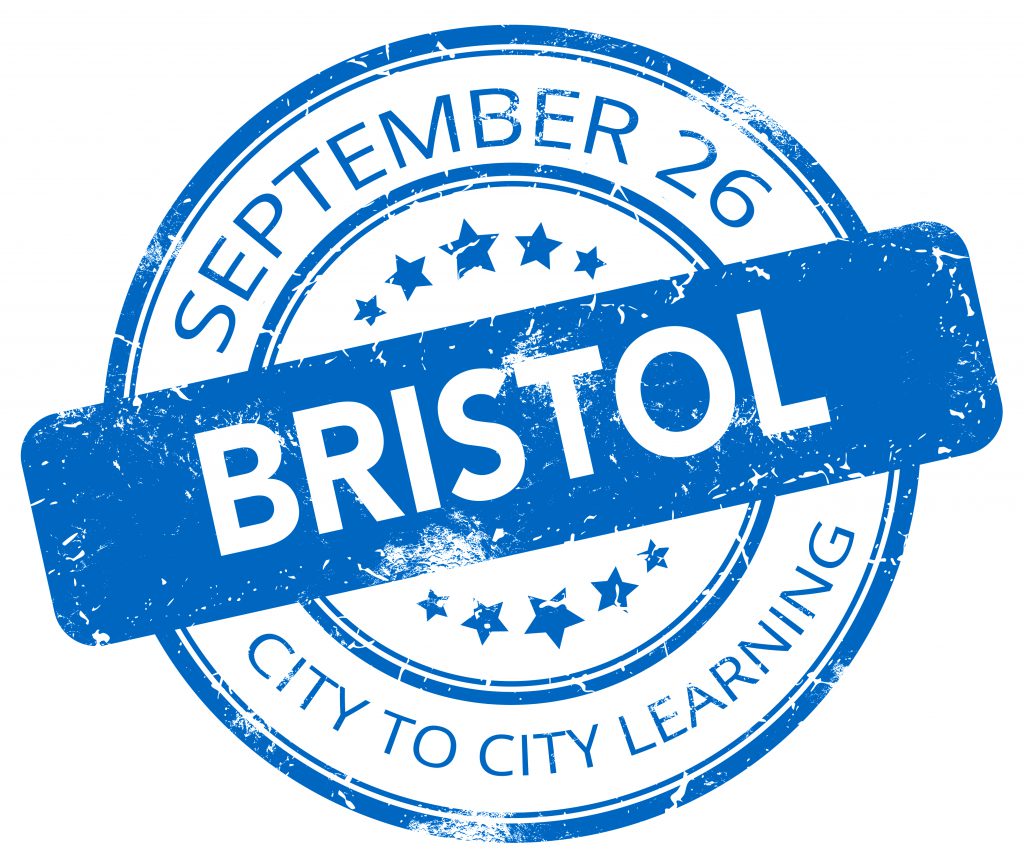
Slot 1: Methodologies and Approaches to Co-design
‘Smart city’ initiatives have the potential to connect people more easily and use technology to address issues affecting our urban centres. But a 2015 report by UK charity NESTA identified several factors that have held ‘smart cities’ back from delivering real value, including: “not addressing the issues people really care about; not taking human behaviour as seriously as technology [and] a lack of integration with other things going on in cities.”
This webinar will share learning from the Bristol pilot of the REPLICATE Project and other tools developed by the project’s partners to explore how cities can move away from project planning models that impose pre-decided ‘solutions’ onto communities, with little room for meaningful citizen participation. We will explore how co-design approaches to smart city projects can, instead, open conversations about the challenges communities face and how combining community assets, citizens’ skills and interests, and relevant technologies could help to tackle them.
We will explore different approaches to co-design – and challenges we might encounter – to illustrate how adopting co-design methodologies can help cities create initiatives where citizens not only imagine new futures but are equipped and enthused to work with others to make them a reality.
Speakers:
Rachel Clarke – Knowle West Media Centre(Ent/Ac), Helen Manchester – University of Bristol (Academia)
Sector: Transversal
Stakeholders: BCC (Public), University of Bristol (Academia), Knowle West Media Centre (Entrepr/Act)
Slot 2: Technology, data and democracy – how we make it accessible
Smart cities are perceived as technologically augmented spaces populated with technically literate citizens able and willing to interact with the technology. However, we have a long way to go to achieve these idealised assumptions:
i) Present technology is not usable enough, nor readily accessible to allow all citizens to engage with it.
ii) Even if citizens are able to engage with technology, many are unwilling to, as currently “smart” technology threatens to takeaway control over their freedom in decision making.
This webinar will look into the technical complexities of “city smartness”, opportunities for meaningful engagement of citizens with technology and its control. Addressing the following:
1. Key technical, funding and delivery challenges in setting up smart city infrastructures?
2. Societal challenges (trust and fear of ownership loss over own data or appliance control) that impede citizens engagement with smart city technologies?
3. Lessons learned through engagement with citizens’ at Bristol in bridging the trust and control gaps (e.g., through data sharing agreements allowing individuals to retain their data ownership while allowing for companies to deliver smart city services; or through demand-side response trials, where automation of smart appliances includes individualised preferences of households in how/when automation should take place).
Speakers: Theo Tryfonas, University of Bristol (Academia), Zoe Banks, – Knowle West Media Centre (Ent/Act)
Sector: ICT
Stakeholders: University of Bristol (Academia), KWMC (Entrepr/Act)
Slot 3: One city approach and inclusive futures
Bristol is embarking on a journey to find its own narrative with common visions and shared goals. This One City approach, is a way for all stakeholders (public, private, voluntary organisations and our communities) to engage with the co-design of the future development of the city, it’s looking to access new perspectives and innovative thinking, a wider leadership power bases across different sectors, increasing spheres of influence. The One City approach enables an innovative and collaborative approach to urban governance by encouraging partners across the city to contribute to addressing the immediate and long-term city challenges. This One City approach harnesses the collective power of public, private and voluntary organisations to focus resources and co-ordinate and prioritise actions it aims to align focus, effort and resources on a few intractable problems, remove barriers and share aspirations, obligations and interdependences
This Webinar will look at how the One City Approach is being developed in Bristol. We will draw on examples from practice, particularly those developed within REPLICATE in relation to digital, civic futures and in community led energy production to assess the bent’s and challenges of this city wide approach. Bristol is emnarking on a journey to find its own narrative with common visions and shared goals.
Speakers: Hayley Ash, Bristol City Council (Public), Ruzanna Chitchyan, University of Bristol (Academia) Dave Tudgey ( Civic Society)
Sector: Transversal
Stakeholders: Bristol Energy Network (Civic Society)
